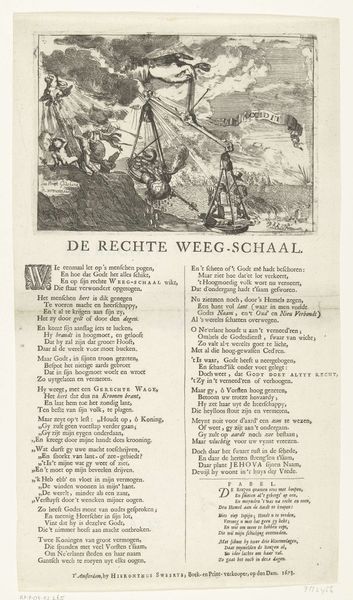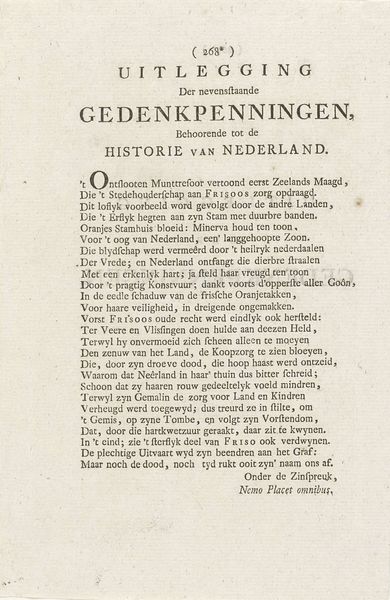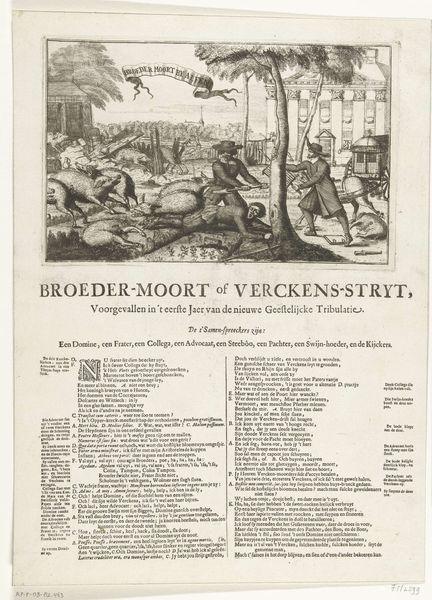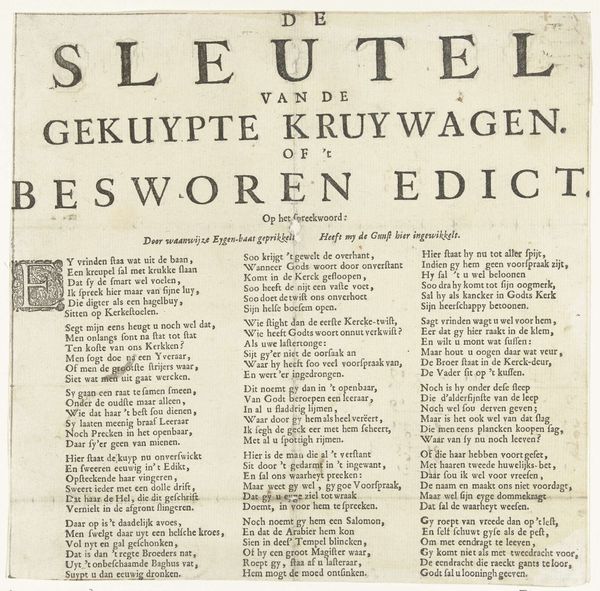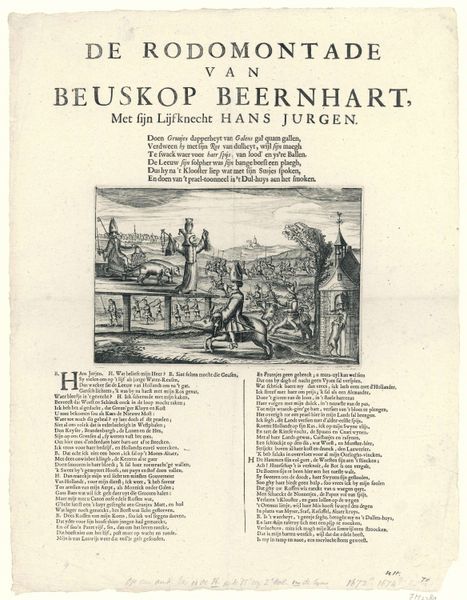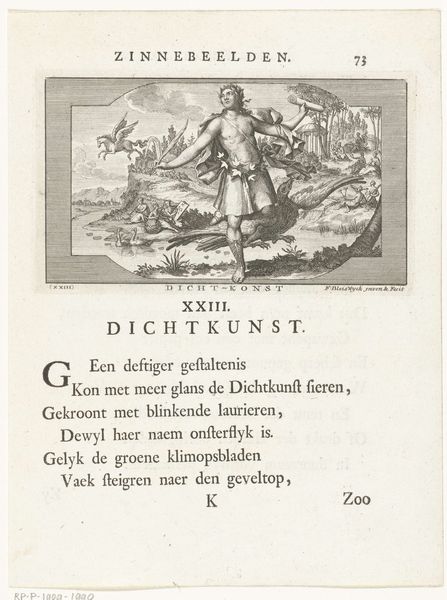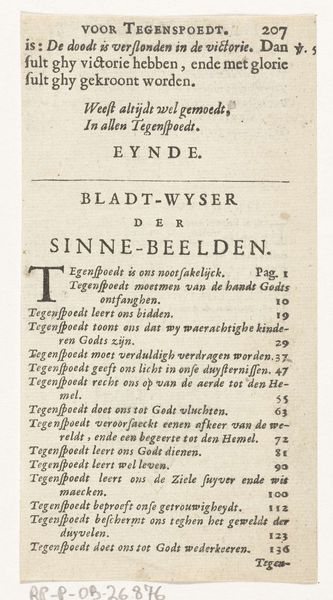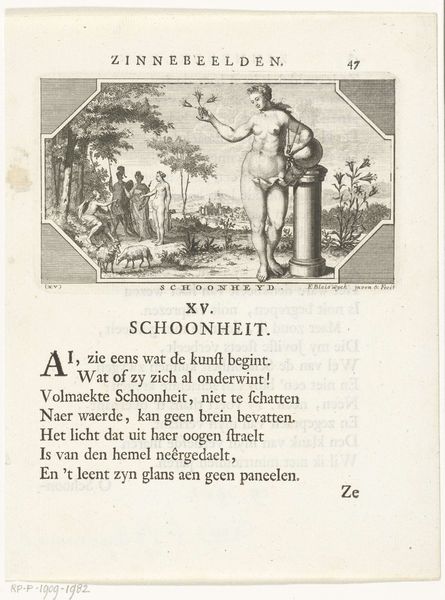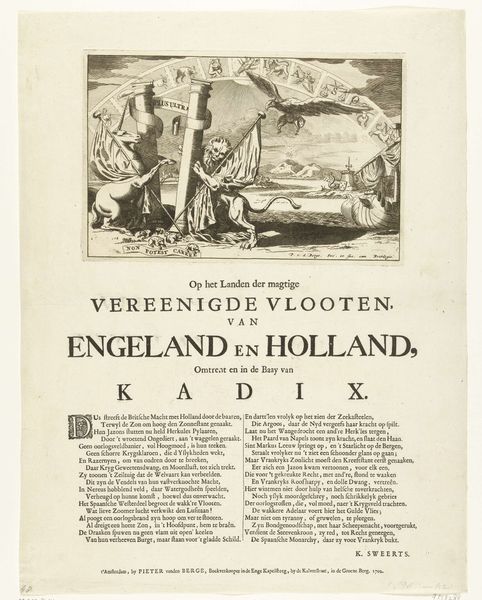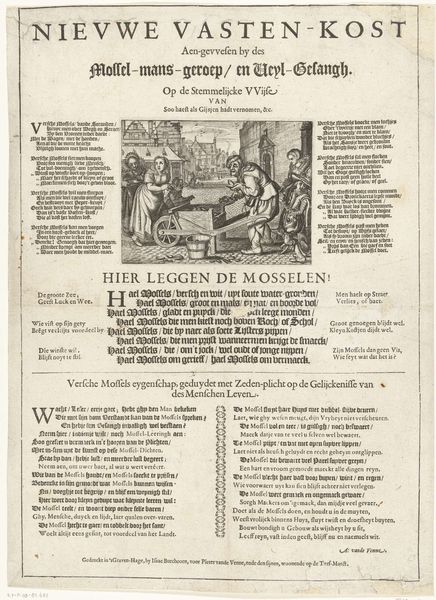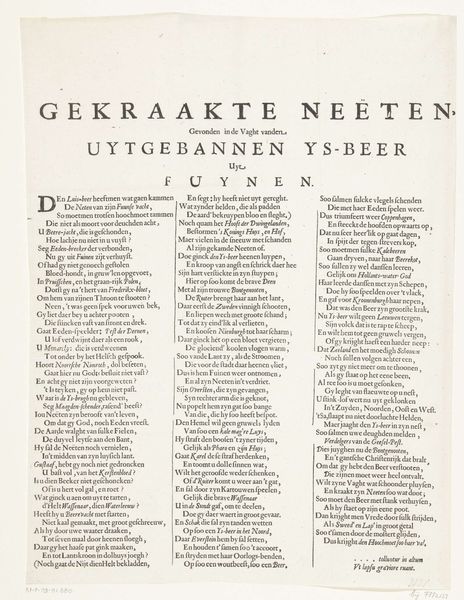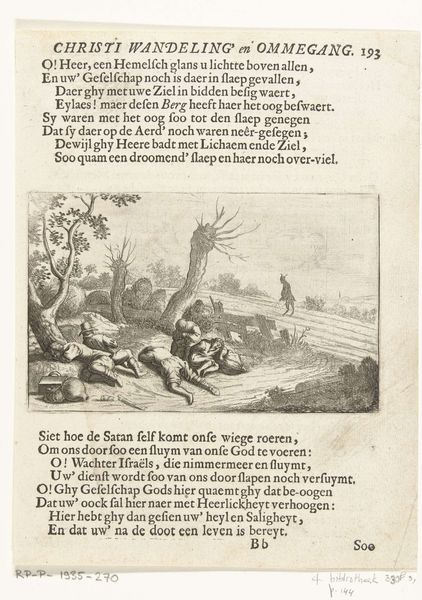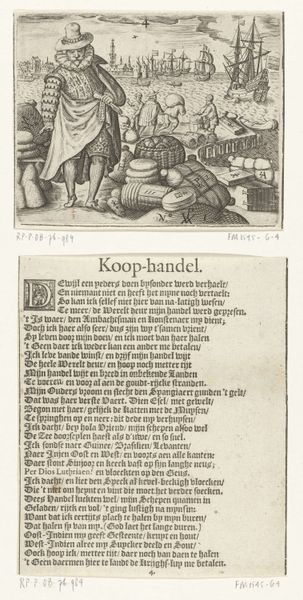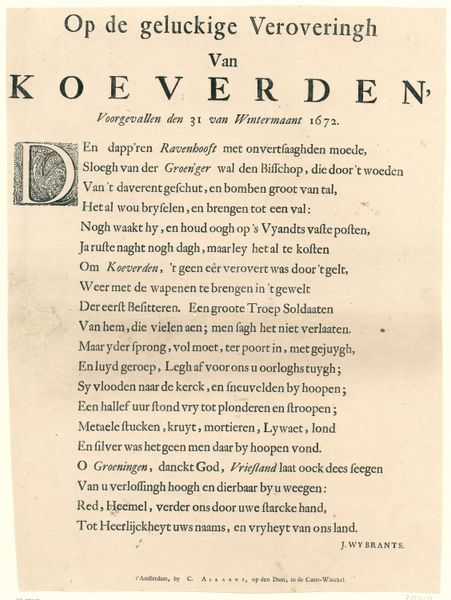
print, engraving
#
allegory
#
baroque
# print
#
history-painting
#
engraving
Dimensions: height 572 mm, width 357 mm
Copyright: Rijks Museum: Open Domain
Aert Maes created this print, Allegorie op de Eerste Grote Vergadering, in 1651 using etching, a printmaking process that relies on acid to cut into a metal plate. We can see how the artist has harnessed the intrinsic qualities of the medium, manipulating the etching needle to create a range of fine lines, cross-hatching and textures. This particular print commemorates the first assembly after the Peace of Münster, an important milestone in Dutch history. Maes has allegorized the event by creating a scene teeming with classical figures and symbolic objects, all rendered through a network of intricately etched lines. The process of etching allowed for the relatively quick reproduction of images, which in turn allowed for a wider distribution of information and ideas during this period. As such, prints like this one played a crucial role in shaping public opinion and contributing to a sense of national identity. By understanding the materials, the making process, and the context of its creation, we gain insight into the social and cultural significance of this artwork.
Comments
No comments
Be the first to comment and join the conversation on the ultimate creative platform.
